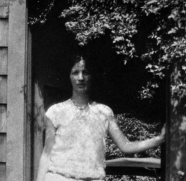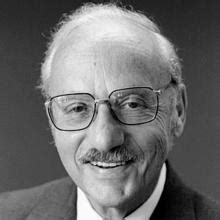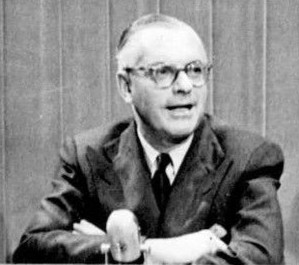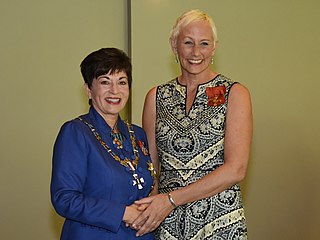A Quote by Louise Bogan
The fact, and the intuition or logic about the fact, are severe coordinates in fiction. In the short story they must cross with hair-line precision.
Related Quotes
From the empty grave of Jesus the enemies of the cross turn away in unconcealable dismay. Those whom the force of no logic can convince, and whose hearts are steeled against the appeal of almighty love from the cross itself, quail before the irresistible power of this simple fact. Christ has risen from the dead! After two thousand years of the most determined assault upon the evidence which demonstrates it, that fact stands. And so long as it stands Christianity, too, must stand as the one supernatural religion.
The general consensus among historians, among the ones who can handle the fact that 'Lincoln' is, in fact, historical fiction, is that we demonstrate enormous fidelity to history and that, beyond that, we've actually contributed a line of thinking about Lincoln's presidency that's somewhat original.
They [the mathematicians of the Enlightenment] defined their terms vaguely and used their methods loosely, and the logic of their arguments was made to fit the dictates of their intuition. In short, they broke all the laws of rigor and of mathematical decorum. The veritable orgy which followed the introduction of the infinitesimals... was but a natural reaction. Intuition had too long been held imprisoned by the severe rigor of the Greeks. Now it broke loose, and there were no Euclids to keep its romantic flight in check.
Long fiction is wonderful and you can lose yourself in it as a reader and as a writer, but short stories don't allow the same kind of immersion. Often the best stories hold you back and make you witness them. This may be one of the reasons some people reject the form. That and the fact that they are harder work to read. A story will not let you get comfortable and settle in. It is like a stool that is so small that you must always be aware of sitting.
We must remember that there is a great difference between a myth and a miracle. A myth is the idealization of a fact. A miracle is the counterfeit of a fact. There is the same difference between a myth and a miracle that there is between fiction and falsehood -- between poetry and perjury. Miracles belong to the far past and the far future. The little line of sand, called the present, between the seas, belongs to common sense to the natural.







































